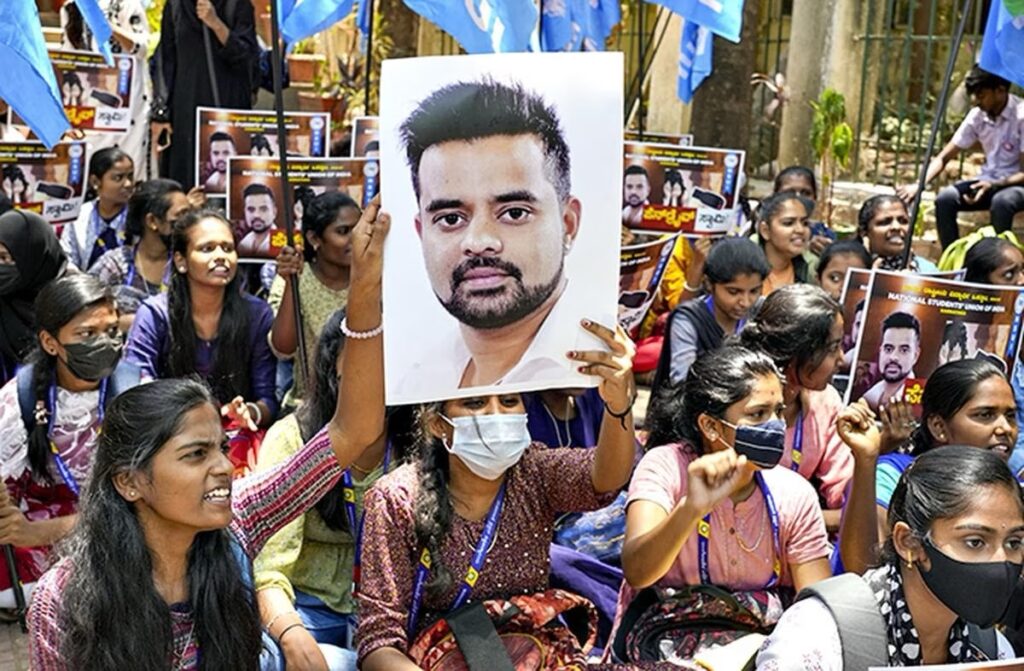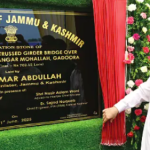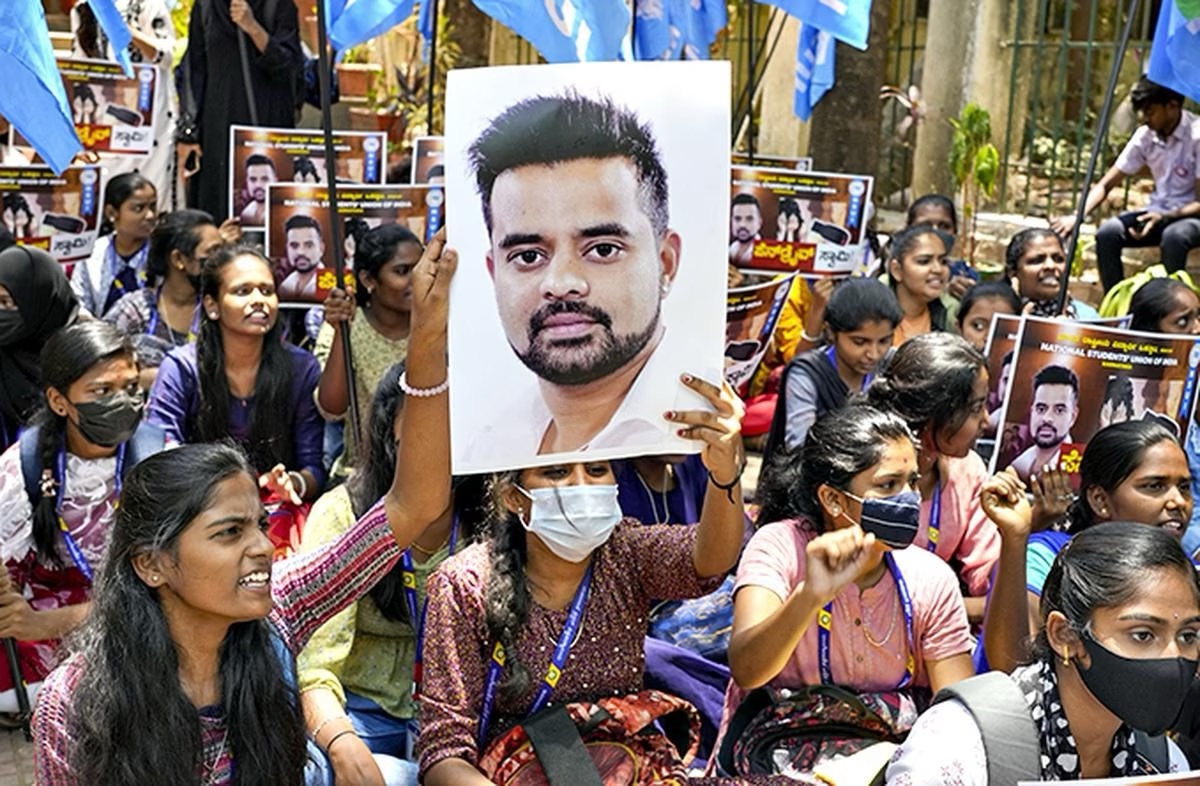In a recent development that has sparked a political debate, Prajwal Revanna, the suspended Janata Dal (Secular) MP, travelled to Germany using a diplomatic passport without seeking the necessary political clearance. The Ministry of External Affairs (MEA) confirmed the incident, which has led to heightened scrutiny over the use of diplomatic privileges.
Background Prajwal Revanna, who is currently at the center of a sexual abuse case, left India for Germany on April 27, just a day after the Lok Sabha elections took place in his constituency, Hassan. This move came to light amid demands from Karnataka Chief Minister Siddaramaiah for the revocation of Revanna’s diplomatic passport.
MEA’s Statement MEA spokesperson Randhir Jaiswal clarified that no political clearance was sought or issued concerning Revanna’s travel to Germany. He further stated that the ministry had not issued any visa note for the MP for any other country. The confirmation from the MEA came after the Karnataka government formed a Special Investigation Team to probe the allegations against Revanna.
Legal Implications Addressing the potential revocation of the diplomatic passport, the MEA spokesperson referred to the Passport Act of 1967, indicating that such action can only be taken under the direction of a court. As of now, the MEA has not received any court directions regarding this matter.
Political Repercussions The incident has led to a political uproar, with the opposition demanding accountability and transparency in the use of diplomatic passports by public officials. The case has also raised questions about the privileges accorded to parliamentarians and the oversight mechanisms in place.
Conclusion As the situation unfolds, the focus remains on the legal and ethical implications of the use of diplomatic passports by elected representatives, especially in light of pending investigations and allegations.












Add Comment